Georgia’s discontent and the EU’s carelessness Article by Vladimir Tskhvediani
Georgia will not participate in the meeting of EU foreign ministers scheduled for October 20, 2025, in Luxembourg, where ministers from Central Asia and the Black Sea region were invited. Tbilisi declined the invitation because it was addressed at the ambassadorial rather than ministerial level.
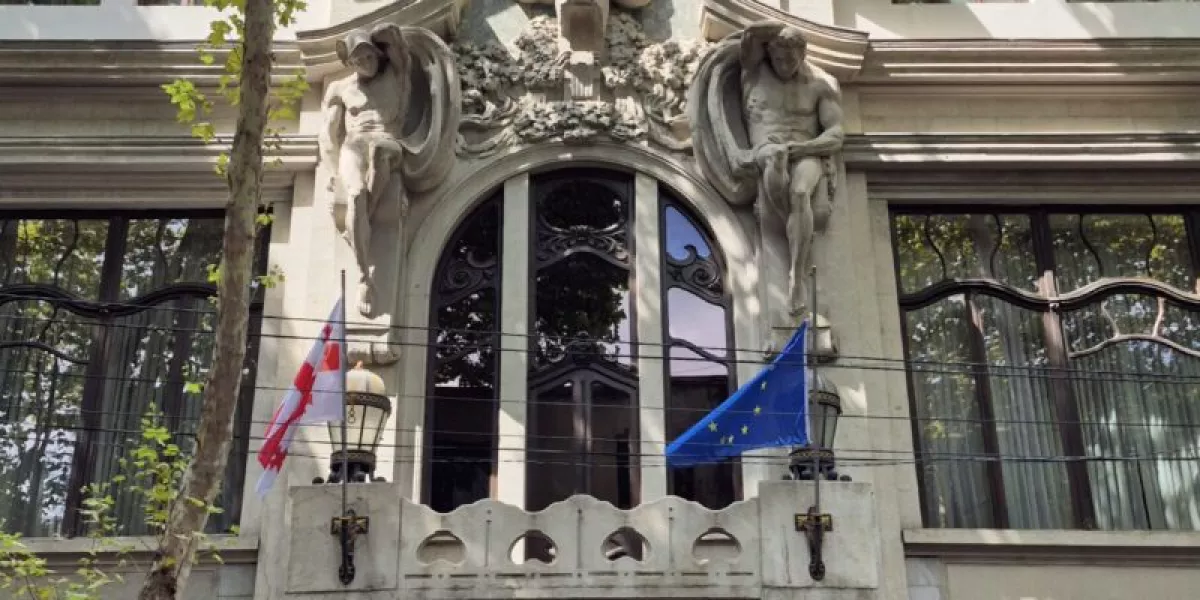
“Georgia will not participate at the level of Ambassador in the Ministerial on Connectivity scheduled for October 20 in Luxembourg, to which the EEAS [European External Action Service] invited the foreign ministers of Central Asian and Eastern Partnership countries – Armenia, Azerbaijan, Türkiye, Turkmenistan, Uzbekistan, Tajikistan, Kazakhstan, Kyrgyzstan. Given the importance of connectivity and Georgia`s crucial role, such an invitation is unacceptable, and the basis for this approach remains unclear,” the Georgian Foreign Ministry said in a statement.
The statement also notes that inviting Georgia’s ambassador to a ministerial meeting “reflects [the EU’s] frivolous attitude” towards the country and “denies geopolitical and geographical reality, and represents another attempt to use Georgia’s participation for political speculation and to fuel polarization in the country.”
Sharp criticism of Georgia being invited to Luxembourg only at the ambassadorial level was also voiced by Parliament Speaker Shalva Papuashvili. He stressed that Georgia occupies a key position in the Black Sea region, possesses a stable and dynamically developing economy, and that it is precisely through Georgia that Europe can build trade and economic ties with the countries of Central Asia.
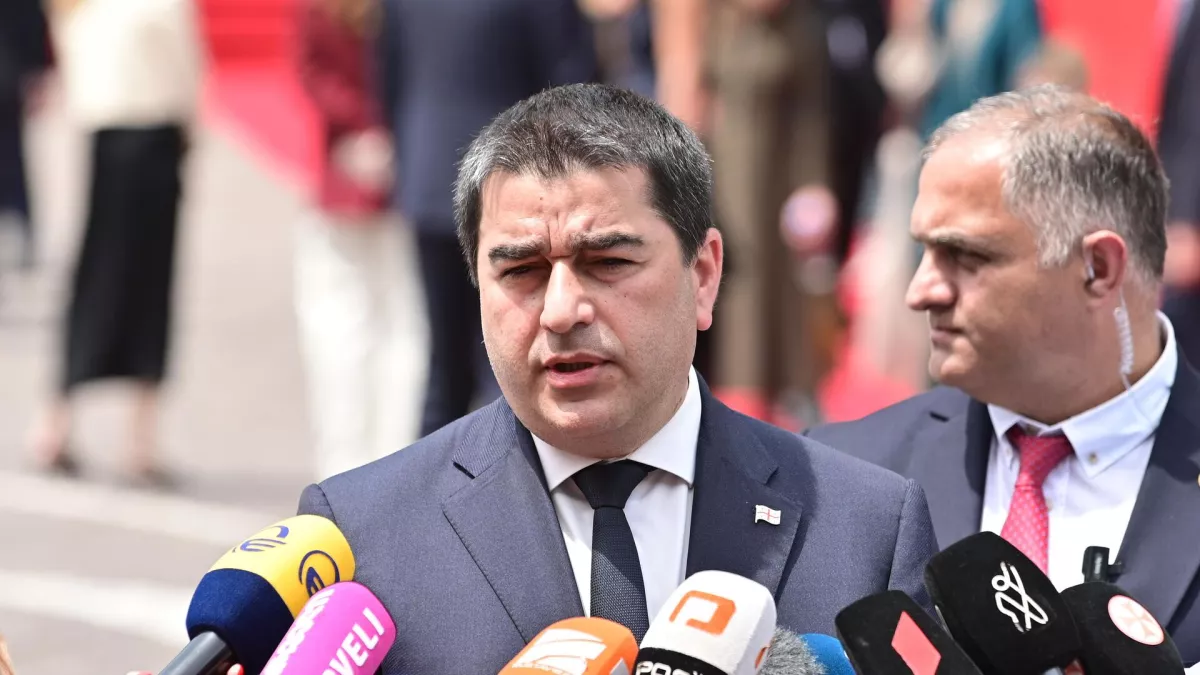
“We are currently practising a policy of strategic patience with Brussels. We must wait and see. They have a foreign policy that is reminiscent of kindergarten-level diplomacy. We are accustomed to this, but unfortunately, Brussels continues to demonstrate a foreign policy that is at best immature. This decision underscores that they not only refuse to acknowledge facts, such as Georgia’s advancements in economic, democratic, and institutional development, but also seem to have lost sight of the map altogether. They no longer recognise geography,” said Shalva Papuashvili.
Meanwhile, there is a certain logic behind the “non-invitation” of Georgia’s foreign minister to the meeting with EU ministers. It is about the EU’s encouragement of a “radical agenda” in Georgia ahead of the local elections on October 4, 2025. According to the Georgian authorities, European diplomacy is seeking to ignite a “revolutionary fire” in the country precisely in October.
By October 20, 2025, Europe expects Georgia’s pro-Western opposition to deliver its first results in organising a “Maidan.”
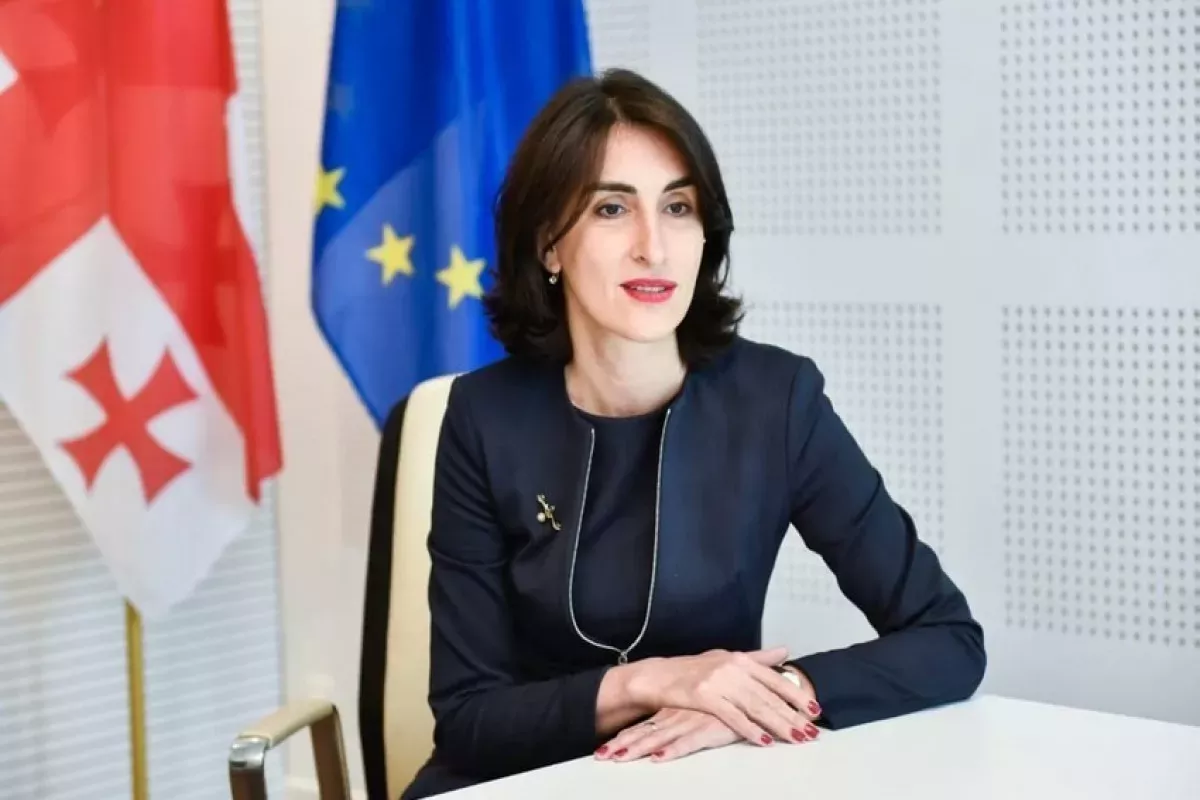
By that time, Brussels wants to have a formal pretext to declare the current government and Foreign Minister Maka Botchorishvili allegedly “illegitimate” and “not reflecting the European aspirations of the Georgian people.”
That the current Georgian government does not suit Brussels has long been obvious. According to Tbilisi, European structures will stop at nothing to achieve a change of power, removing the Georgian Dream government. At the same time, given the weakness and limited support of the local radical opposition, the EU foreign ministries are “throwing into battle” their diplomats accredited in Tbilisi, who are tasked with maximally facilitating regime change. The EU ambassador to Georgia, Paweł Herczyński, and the German ambassador, Peter Fischer, have recently been particularly active in this regard — with the latter even being summoned to the Georgian Foreign Ministry.
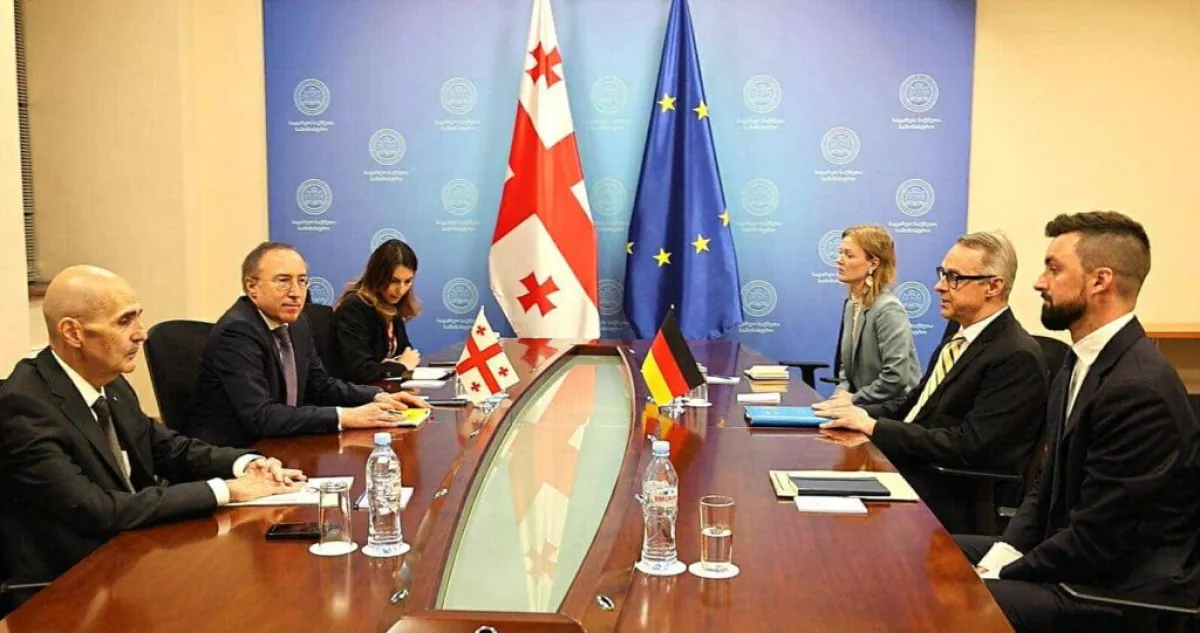
“On 24 September, at the Ministry of Foreign Affairs of Georgia, the First Deputy Minister of Foreign Affairs, Giorgi Zurabashvili held a meeting with the Ambassador Extraordinary and Plenipotentiary of the Federal Republic of Germany, Peter Fischer. During the meeting, the Ambassador was reminded that, pursuant to Article 41(1) of the 1961 Vienna Convention on Diplomatic Relations, members of a diplomatic mission are obliged to respect the laws and regulations of the receiving state and are likewise required not to interfere in the internal affairs of the host country. The Georgian side expressed concern regarding attempts to encourage a radical agenda within the country, which are inconsistent with the principles of democracy and contribute to the aggravation of societal polarization. Equally concerning are the ongoing attempts to politicize judicial proceedings in Georgia, as well as the involvement of ambassadors in these processes. The Georgian side inquired into the grounds for the concerns expressed by the Embassy of Germany with regard to the alleged promotion of hate speech and the dissemination of disinformation. It was noted that the Embassy had been formally requested to provide specific substantiation for these concerns; however, such substantiation has not, to date, been presented,” the Georgian Foreign Ministry said in a statement.
According to official Tbilisi, the situation is being deliberately inflamed by EU representatives in Brussels, who have effectively supported opposition calls to take to the streets on election day.
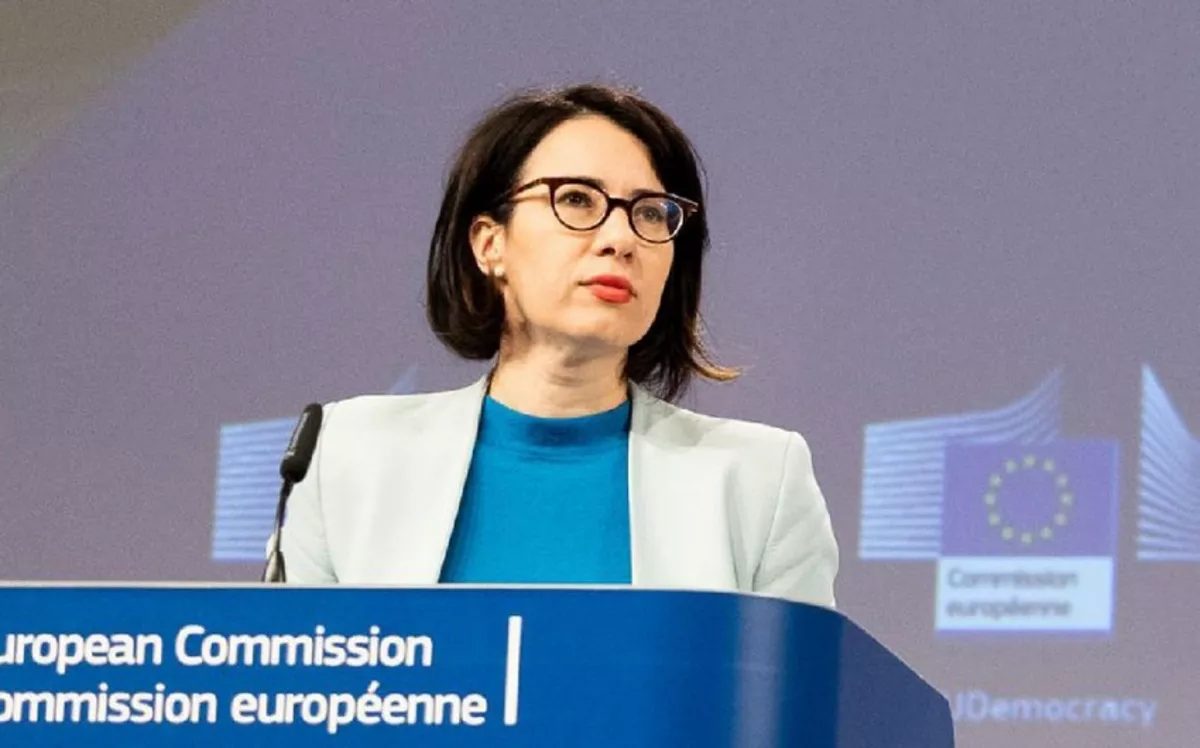
Thus, the European Commission’s spokesperson for foreign policy and security, Anitta Hipper, commented on the protest planned for October 4: “We express solidarity with Georgian people who courageously and peacefully take to the streets to demonstrate for European values, democracy, and freedom of speech. The EU supports democracy and prosperity. Our message to the Georgian authorities is to allow demonstrations, not to fear the pluralism of free citizens who want their voices to be heard.”
From this statement, it follows directly that the voices of citizens who will go to the polling stations and, according to ratings, vote for Georgian Dream, are to be disregarded by Europe. Brussels expresses solidarity only with those who take to the “Maidans.”
According to Shalva Papuashvili, with this statement, the official EU representative effectively voiced support for “the overthrow of power and violence announced for October 4.” He stressed that if violence occurs on election day, responsibility will also fall on the European Commission.
“Violence has been announced; they announced a government overthrow for October 4, meaning violence. This is precisely the main issue. If I’m not mistaken, the European Commission press spokesperson delivered a statement yesterday. What we heard was an absolute catastrophe, as they expressed solidarity with Levan Khabeishvili’s organised October 4 overthrow event. They said they were in solidarity with the demonstration participants. Let’s consider what they are expressing solidarity with. The United National Movement has announced a violent demonstration, government overthrow and turning the country upside down for October 4, the very day when elections are being held, at four o’clock, when elections and voting are still ongoing. Instead of hearing from the European Commission spokesperson, who responded to a question about October 4, emphasising that it is election day and that everyone should participate and vote, this particular spokesperson expressed solidarity with the violent demonstration announced by Levan Khabeishvili and the United National Movement for October 4,” Papuashvili said.
According to him, with this statement the European Commission’s spokesperson has effectively assumed responsibility for any possible violence that may result from the rally organised by the United National Movement.
“What we read in these words is an absolute catastrophic failure of values. This constitutes a direct sharing of responsibility for any potential violence that may arise from the United National Movement’s organised demonstration. Therefore, I want every Georgian to remember yesterday’s statement well, and every foreigner to remember it well. If there is any violence on October 4, if someone throws even one stone in the direction of police, not to mention Molotov cocktails and such things, if there is even one instance of violence, with yesterday’s statement, the European Commission has shared responsibility for this violence through its press spokesperson.
The European Commission must understand that Georgia is nobody’s playground and the fate of Georgians, the lives and health of Georgians, are not Brussels’ plaything instruments. Either they are naive and misguided, unaware of what they are truly dealing with, or how could these words, expressing solidarity with the violent overthrow demonstration officially announced for October 4, have been spoken?
I am well acquainted with Georgian. I understand what the word ‘overthrow’ means in a literary sense, and Georgia is familiar with its legal implications from its history in the 1990s,” Papuashvili said.
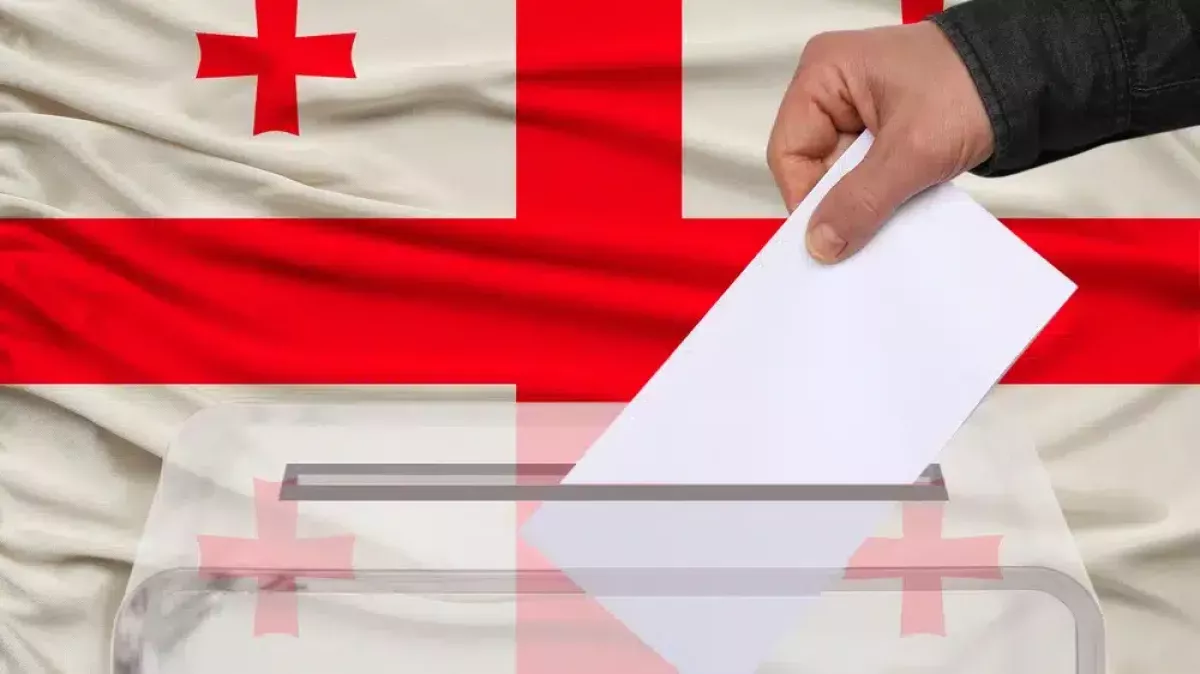
The EU is apparently hoping to use the local elections on 4 October 2025 as another pretext for an attempt at an unconstitutional change of power in Georgia, pushing the opposition to organise a new “Maidan.” While Brussels continues to anticipate such a scenario, it seeks to humiliate the Georgian authorities through symbolic gestures, including inviting Georgia to the foreign ministers’ meeting at the ambassadorial rather than ministerial level. However, the EU’s stance towards Tbilisi will inevitably change once the government again demonstrates resilience and the support of the majority of the country’s population.
By Vladimir Tskhvediani, Georgia, exclusively for Caliber.Az








